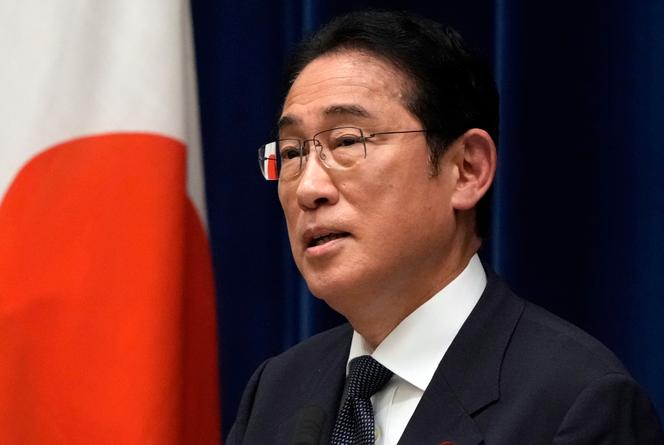


Japanese Prime Minister Fumio Kishida confirmed Wednesday, August 14 that he will not seek re-election as head of his party next month, meaning the end of his premiership.
"The most obvious first step to show that the LDP will change is for me to step aside. I will not be running in the forthcoming (party) presidential election," Kishida told reporters, referring to the ruling Liberal Democratic Party, which has governed Japan almost uninterrupted since 1945.
Kishida, 67, has been in office since October 2021 and has seen his poll ratings slide sharply in response to rising prices hitting Japanese incomes. His cabinet's support rating has been languishing around 25 percent this year, according to an NHK poll. The world's fourth-largest economy has also struggled to gain traction, with output shrinking 0.7% in the first quarter.
In November, Kishida announced a stimulus package worth 17 trillion yen (more than $100 billion at the time) as he tried to ease the pressure from inflation and rescue his premiership. Having seen prices barely move for years, Japanese voters have been reeling from rising prices since Russia invaded Ukraine in 2022, pushing up energy costs and putting pressure on the government.
Despite some recovery in recent weeks, the yen has been one of the world's worst-performing currencies over the past year, falling sharply against the dollar. While welcome news to Japanese exporters, this makes imports pricier and stokes inflation for households. Even before November, the government had injected hundreds of billions of dollars into the economy over the past three years since the Covid-19 pandemic. Kishida has also faced severe criticism over a major funding scandal within the party.
